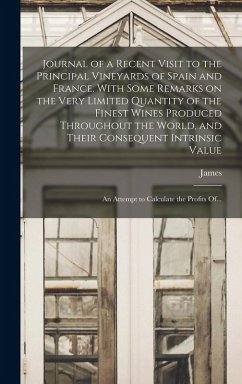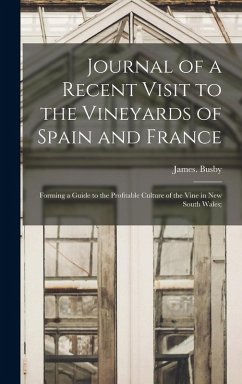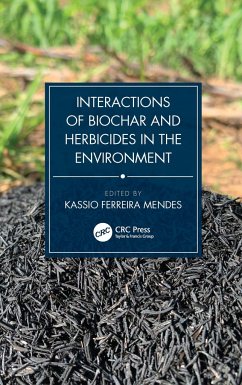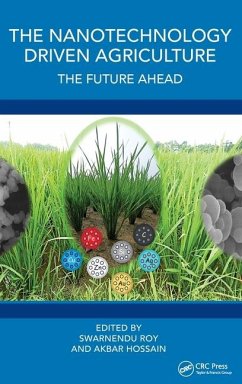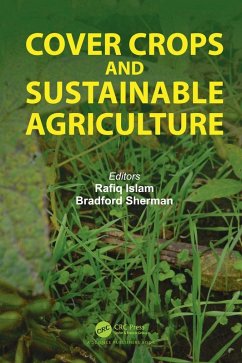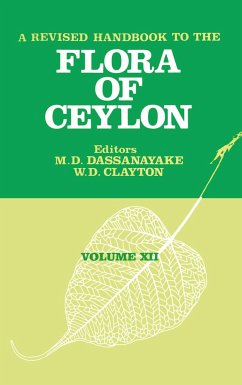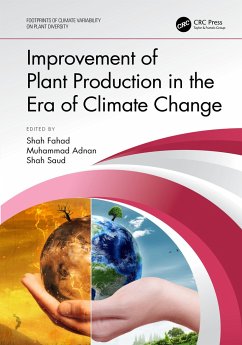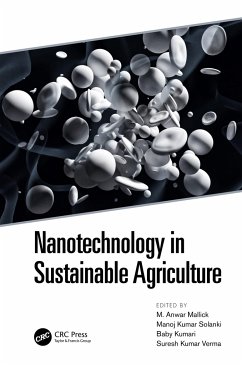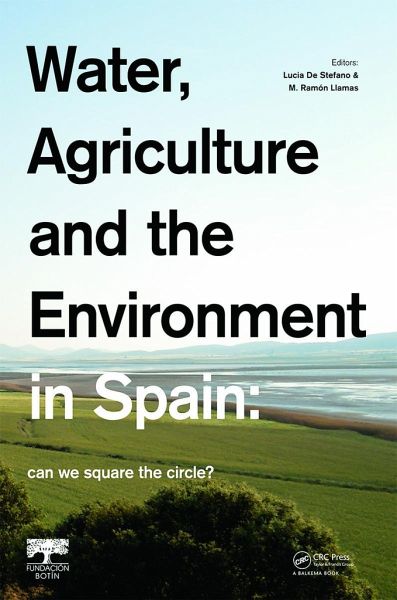
Water, Agriculture and the Environment in Spain
can we square the circle?
Herausgeber: De Stefano, Lucia; Llamas, M. Ramon

PAYBACK Punkte
127 °P sammeln!
"The world water problems are a due to bad governance, not to physical water scarcity." This book is inspired by this statement and explores whether it holds in a specific country, Spain, where climatic conditions - Spain is one of the most arid countries of the European Union - would fully justify saying that water problems are due to physical water scarcity. The metrification of water uses and their monetary value is a first important step in understanding how reallocation of water among users could help mitigating many of current water problems in Spain. However, water reallocation among us...
"The world water problems are a due to bad governance, not to physical water scarcity." This book is inspired by this statement and explores whether it holds in a specific country, Spain, where climatic conditions - Spain is one of the most arid countries of the European Union - would fully justify saying that water problems are due to physical water scarcity. The metrification of water uses and their monetary value is a first important step in understanding how reallocation of water among users could help mitigating many of current water problems in Spain. However, water reallocation among users or from users to nature is far from simple. Initiatives portrayed as the solution to the water governance 'jigsaw' - e.g. water trade, improved water use efficiency, users collective action, public participation - are not free of difficulties and shortcomings. The book explores the growing need for maintaining Spain's natural capital and the human component of water governance - people's needs, wishes, (vested) interests, aspirations - that often determine the result of decisions and, sometimes, lead water management to a deadlock. This book takes a step forward in showing a more complex - and also closer to reality - picture of water governance in Spain.




